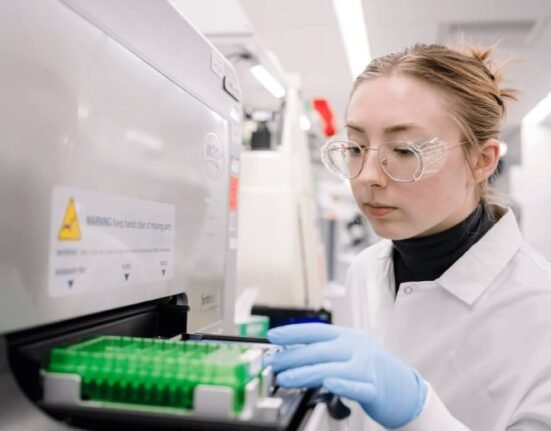HQ Team
October 14, 2022: The U.S. Food and Drug Administration confirmed a shortage of Adderall, medication for the treatment of attention deficit hyperactivity disorder, following manufacturing delays at Teva Pharmaceutical Industries Ltd.
The FDA said in a statement that it was in “frequent communication with all manufacturers of amphetamine mixed salts, and one of those companies, Teva, is experiencing ongoing intermittent manufacturing delays.”
Teva Pharmaceuticals is the United State’s largest manufacturer of Adderall. The company had some labour shortage issues, which it says have been resolved.
Spokesperson Kelley Dougherty said Thursday that Teva expects “inventory recovery in the coming months.”
“Teva has active supply of both branded Adderall and its generic version and continues to produce and refill the channel regularly at levels above historical demand. It is possible that some people may encounter a backorder (intermittently) based on timing and demand, but these are only temporary,” she said in a statement.
Dougherty added that Teva expects “intermittent delays through end of year.”
The U.S. health regulator said. said that the supply from the other Adderall manufacturers isn’t enough to meet the need.
The shortage has led to some panic among ADHD patients. Children on the meds are particularly vulnerable as schools have started, and some are refusing to allow them to attend classes without the medication.
Adderall is a controlled substance regulated by the federal Drug Enforcement Administration. Pharmacies are subject to limits on how much of a controlled substance they can distribute. Hence, they have had to turn away customers.
ADHD
ADHD is marked by inattentiveness, impulsivity and/or hyperactivity that is severe enough to interfere with school, work and other aspects of life.
The Centers for Disease Control and Prevention estimates, based on data from 2016 to 2019, that about 10% of children are diagnosed with it, with boys more likely to receive diagnoses. Adderall prescriptions dispensed in the U.S. spiked to 41.4 million last year, up by 10.4% from 2020, according to IQVIA, an analytics provider for the life sciences industry.
Experts suggest that awareness about the disorder has led to more prescriptions and some feet even over-prescription. The pandemic led to some telemedicine platforms being allowed to prescribe controlled substances. Most pharmacies are now stopping this practice.









1 Comment